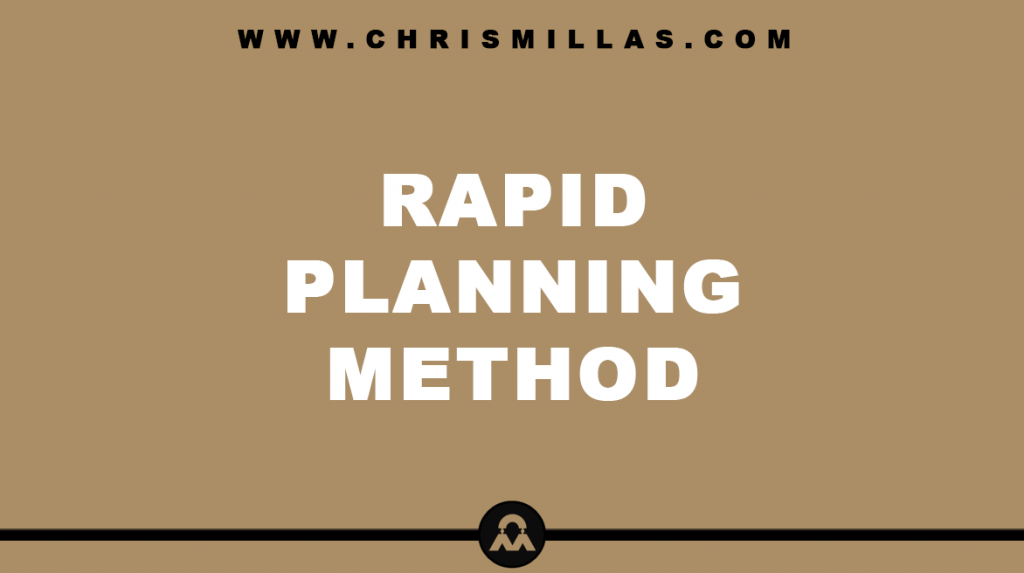In this post, we’ll unpack all you need to know about luck and skill, defining what they are, the differences, how they interact, how to leverage them and more.
What Is Luck?
Luck is defined as outcomes that are driven by chance with a reasonable expectation that a different outcome could have occurred. Luck can be good or bad.
Luck is what’s left after you have subtracted skill from an outcome.
What Is Skill?
Skill is defined as outcomes that are driven by ability and are consistently replicable through deliberate action.
The Difference Between Luck & Skill
The core difference between luck and skill lies in agency and repeatability.
Luck is passive — it happens to you. Skill is active — you make it happen.
Luck creates outcomes by chance. Skill creates outcomes by design.
Luck is random. Skill is earned.
When luck exerts the greater influence, cause and effect are loosely connected and outcomes are inconsistent and unpredictable. When skill exerts the greater influence, cause and effect are tightly connected and outcomes are consistent and repeatable.
Not everything that matters can be measured and not everything that can be measured matters.
Luck Versus Skill Matrix
| Low Luck | High Luck | |
| Low Skill | Tic-Tac-Toe | Roulette |
| High Skill | Chess | Poker |
Randomness operates at the level of the system. Luck operates at the level of the individual.
The Luck-Skill Continuum
Both luck and skill exist on a continuum. Therefore, most outcomes in life are a mix of both.
An example of a game that is 100% luck is roulette. An example of a game that is 100% skill is chess.
If everyone copies the best practices of others and improves their skill, performance becomes more consistent and luck plays a greater role in determining outcomes.
When luck dominates, a large sample size is sufficient to understand the role of skill because noise overwhelms signal. When skill dominates, a small sample size is sufficient to understand the role of skill because signal overwhelms noise.
Understanding where an activity falls on this continuum is crucial for knowing when to trust your process, when to iterate and when to discount short-term results.
Reversion To The Mean
Where luck dominates, reversion to the mean is pronounced and fast. Where skill dominates, reversion to the mean is scant and slow.
In activities that are all luck, there is complete reversion to the mean. In activities that are all skill, there is zero reversion to the mean.
The rate of reversion to the mean relates to the coefficient of correlation. If the correlation between two variables is 1.0, there is zero reversion to the mean. If the correlation between two variable is 0, the best guess about what the next outcome will be is simply the average.
High correlations imply low reversion to the mean and so the best estimate for the next outcome is something close to the previous one. Low correlations imply high reversion to the mean and so the best estimate for the next outcome is the average.
How To Leverage Luck & Skill
Success is a product of the interplay between luck and skill. Therefore, it is essential to be able to distinguish between the two ahead of time.
Untangling luck and skill helps with the challenging task of prediction and better predictions lead to greater success.
If you are the stronger player, simplify the game to amplify the role of skill in the outcome. If you are the weaker player, complicate the game to amplify the role of luck in the outcome.
When luck is predominant, do not concern yourself with the results. When skill is predominant, focus on deliberate practice.
Summary (TL;DR)
Luck is driven by chance with a reasonable expectation that a different outcome could have occurred. Skill is driven by ability and is consistently replicable through deliberate action.
Both luck and skill exist on a continuum. When luck is the major driving force, cause and effect are loosely connected and outcomes are inconsistent and unpredictable. When skill is the major driving force, cause and effect are tightly connected and outcomes are consistent and repeatable.
Understanding the dynamics of luck and skill and how they interact enables better decision-making, more accurate performance evaluation and clearer strategies for improvement.






